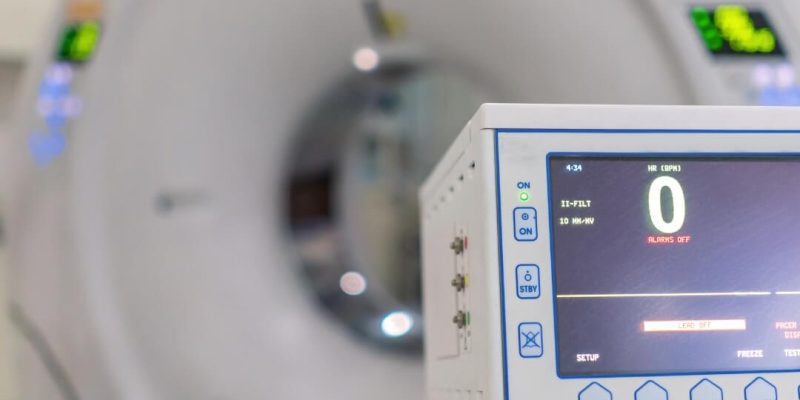Factors to Consider When Purchasing Laboratory Equipment in Nigeria

When it comes to purchasing laboratory equipment in Nigeria, making the right decision is crucial for ensuring accurate results, efficient operations, and long-term cost savings. Whether you’re a small clinic, a research facility, or a large hospital, selecting the appropriate lab equipment requires careful consideration of several factors. This article will explore the key elements you should evaluate before investing in laboratory equipment.
- Purpose, Throughput and Application
The first step in choosing laboratory equipment is understanding its purpose. Ask yourself:
- What tests will I be conducting?
- How often will the equipment be used (patient throughput)?
For example, if your lab focuses on blood analysis, you may need a hematology analyzer or a centrifuge. On the other hand, microbiology labs might require an incubator or a microscope. Ensuring that the equipment aligns with your needs is critical for avoiding unnecessary expenses and ensuring optimal performance.
- Quality and Brand Reputation
Quality should never be compromised when purchasing laboratory equipment. Always opt for reputable brands known for producing reliable and durable products. While cheaper options may seem appealing, ensure they can provide the technical and user support when required from them.
To assess quality:
- Research the manufacturer’s reputation.
- Check reviews from other Nigerian laboratories that have purchased similar equipment.
- Ensure compliance with international standards such as ISO 9001 or CE certification.
- Budget Constraints
Laboratory equipment can range from affordable consumables like pipette tips to high-end machinery like PCR machines. Before making a purchase, determine your budget and prioritize accordingly. For instance:
- If funds are limited, consider starting small with the most basic equipment you need to start up with while you add up other lab equipment as you progress and scale up gradually.
- Alternatively, explore financing options offered by some suppliers or financial institutions to spread out payments over time.
Remember, while cost is important, it shouldn’t come at the expense of starting the laboratory setup
- Maintenance and After-Sales Support
One often overlooked factor is the availability of maintenance services and after-sales support. Even the best equipment requires regular upkeep to function optimally. When evaluating potential suppliers, ask:
- Do they offer installation services?
- Is there a warranty included with the purchase?
- Can they provide spare parts locally, reducing downtime?
A supplier based in Nigeria, such as Hokris Nigeria Limited , ensures quicker access to service and support.
- Compatibility and Scalability
Consider whether the equipment you’re purchasing is compatible with your existing setup. This includes:
- Power requirements (voltage and frequency).
- Space needed for installation.
- Integration capabilities with other systems or software.
Additionally, think about scalability. Will the equipment meet your needs as your lab grows? Investing in scalable solutions now can save money in the future.
- Training Requirements
Some advanced laboratory equipment requires specialized training to operate effectively. Before finalizing a purchase, inquire about training programs provided by the supplier. Hands-on training ensures that your staff can maximize the equipment’s potential without delays in workflow.
- Delivery and Installation Logistics
In Nigeria, logistics can sometimes pose challenges. Ensure that the supplier has a robust delivery and installation process in place. Key questions include:
- How long does delivery take?
- Are there additional costs for transportation or customs clearance?
- Does the supplier handle installation themselves or do they recommend third-party technicians?
Local suppliers typically offer faster and better inland logistics.
- Environmental Conditions
Nigeria’s climate can affect the performance of sensitive laboratory equipment. Factors such as humidity, temperature fluctuations, and power stability must be considered. Look for equipment designed to withstand these conditions or invest in environmental control systems like air conditioning units, solar panels/ inverters / a good generator that can power your equipment and the facility.
Conclusion
Purchasing laboratory equipment is a significant investment that demands thorough planning, questioning and research. By considering factors such as purpose, quality, budget, maintenance, compatibility, training, logistics, and environmental conditions, you can make an informed decision that benefits your facility in the long run.
At Hokris Nigeria Limited , we understand the unique challenges faced by laboratories across Nigeria. Our wide range of high-quality laboratory equipment, coupled with exceptional after-sales support, makes us the ideal partner for all your lab supply needs. Contact us today to learn more about how we can assist you in setting up or upgrading your laboratory